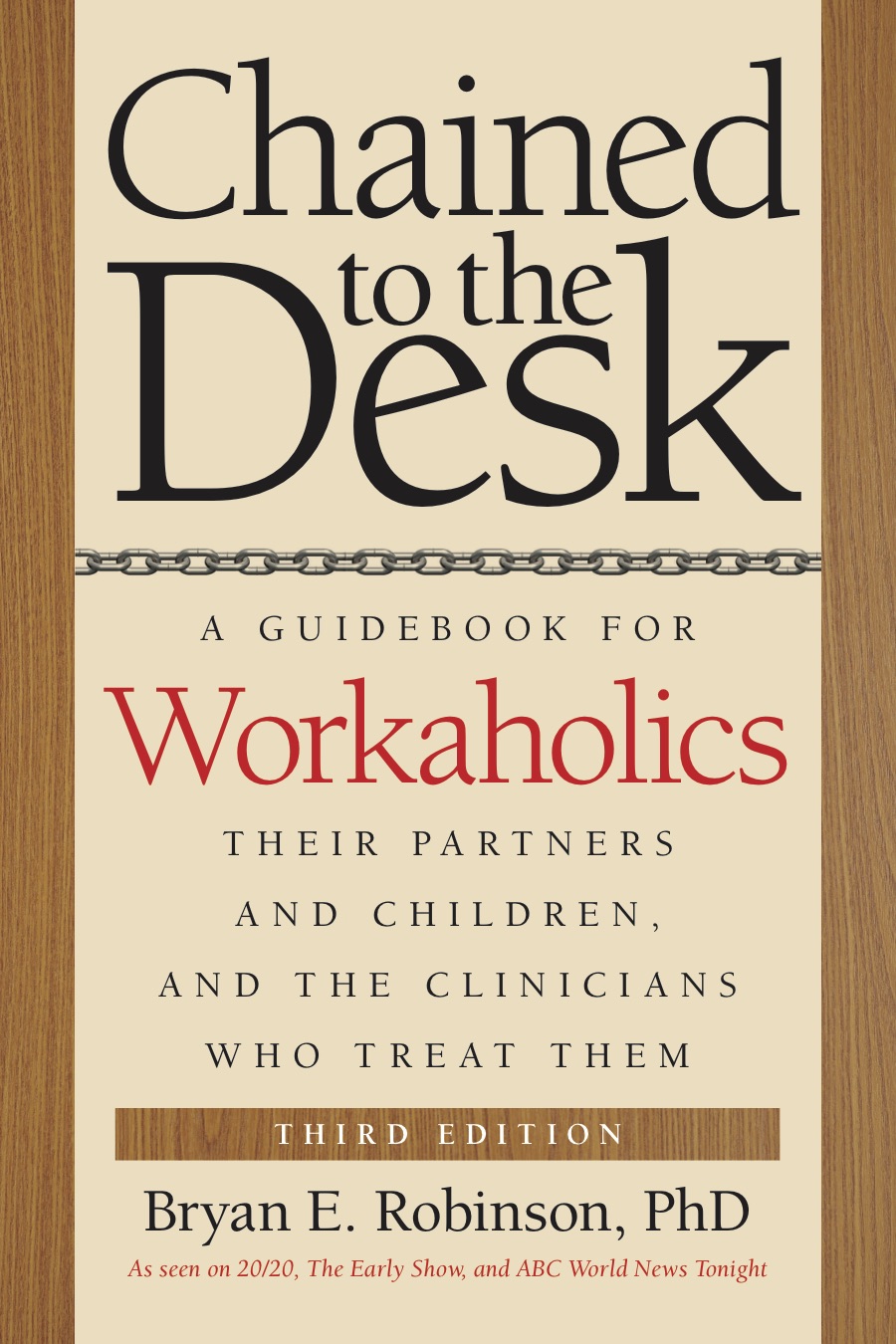Workaholics are in fast-forward speed much of the time, trying to get to the good stuff — heading for the nirvana of pleasure and skipping over what’s happening now. You know what I mean. You have to get through the traffic jam to your appointment instead of being in the traffic jam. You have to hop in and out of the shower to get to work instead of being in the shower. You have to rush through lunch so you can complete the project on your desk instead of being present with each bite. The workaholic habit of mindless working often leads to heart or other physical problems.
Is your mind like Grand Central Station, with so many thoughts coming and going that you don’t have a chance to pause and catch your breath? Do you frantically work on projects, focused on the next item on the agenda without regard to what it’s doing to you mentally and physically? Are you worried about whether the boss will like the finished product or thinking about what you’ll be doing this weekend? These out-of-the-moment episodes create loads of stress and disconnect you from yourself and your surroundings. Before you know it, you’re mired in your own stress juices.
Your mind could be wandering right now. You could be thinking about what you ate for lunch and what you “should” have eaten. You could be worried about unpaid bills or about an unfinished project, wondering how you’ll meet the deadline. Or you might be replaying in your head an argument you had with your spouse. When your mind wanders too much, it could be stressing you out or at the very least preventing you from actualizing your full potential at work.
When You Stray, You Pay
Harvard University researchers have found that the human mind wanders 47 percent of the time, and that when you stray, you pay. When your mind wanders, you’re more stressed out and unhappy than when you stay in the here and now. The Harvard researchers found that people were happier — no matter what they were doing, even working overtime, vacuuming the house, or sit- ting in traffic — if they were focused on the activity instead of thinking about something else.
I have referred to these out-of-the moment episodes as brownouts — tuning out the here and now, memory lapses during conversations, or momentary forgetfulness because you’re out of your present mind.2 But you don’t have to let a mental fog eclipse your self-attunement, submerging you in your own stress juices. Your presence of mind gives you the power to flip the pattern around, landing you in the driver’s seat, putting you back in charge. When you pay attention and fully engage in each moment, you discover your daily world in a completely different way. And your life takes on a fresh glow.
How You Use Your Mind at Work Makes a Difference
Scientists say that the way you use your mind can determine how much work stress or work productivity you have. Keeping your focus on the present instead of ruminating about what already happened (which you can’t change anyway) or about what might happen (which you can’t control anyway) keeps your stress level down, makes you more effective at work, and makes for a happier life. When you get swallowed up by job pressures or career disillusionments, you end up paying the price at some point. If you’re like most people, you have to work — whether you’re caught in the drudgery of a dead-end job, worrying about losing your job, trying to turn a passion into a career, or supporting a family by whatever means necessary. Given that reality, it’s common that workaholics don’t do more to improve their working lives.
Although you’ve probably heard the adage “work smarter, not longer,” it’s not easy to translate that philosophy into everyday work schedules. But that’s what mindful working can help you do: bridge that gap. Burgeoning evidence-based studies from the medical, psychotherapeutic, and scientific communities have demonstrated that a mindful approach to work has dramatic pay-offs for employees, the workplace, and corporate America.

Follow us here and subscribe here for all the latest news on how you can keep Thriving.
Stay up to date or catch-up on all our podcasts with Arianna Huffington here.


